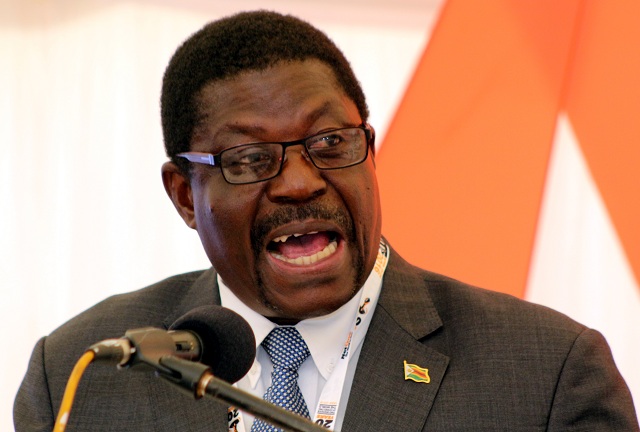Farmers fret over fertiliser prices

Elita Chikwati, Harare Bureau
FARMERS are fretting over the marked increase in prices of agricultural inputs in retail outlets, including the timing of the hikes, which they say could negatively affect prospects for a good 2017/18 summer cropping season.
However, Government believes that the price increases, especially for fertilisers, are only affecting the imported product.
The price of locally manufactured fertilisers, Government says, has remained stable.
A survey by our Harare Bureau showed that prices of seed, fertilisers and agricultural machinery spare parts have gone up.
A 2kg bag of maize seed now costs between $6 and $6,50, up from $5 last season.
Fertiliser prices, which had gone down to about $27 per 50kg bag in the 2016/2017 summer cropping season, have since risen to between $31 and $37,50 for the same quantity.
Manufacturers are currently inundated by complaints and enquiries from concerned farmers.
Last week, the industry’s spokesperson, Mr Tapiwa Mashingaidze, said although manufacturers had not increased the price of the commodity, some companies were affected by the increase in the price of packaging materials.
The increase, he said, seems to have been passed to consumers.
“We have received reports of unusual movements on the retail prices of fertilisers,” said Mr Mashingaidze.
“There are certain things that have changed, for instance, the price of packaging material, and some of the producers have passed on this increase to the consumer.
“The biggest tonnage of the fertiiliser we are producing is going to Government input programmes such as Command Agriculture and the Presidential Well Wishers Agricultural Inputs Scheme, and these have fixed prices. It does not make sense for us to hike prices for the remaining product,” he said.
It is the retail sector that has increased prices, and not manufacturers, he said, adding that Government needs to look at the issue on a case-by-case basis.
There is suspicion that the some retailers arbitrarily hiked prices without any justification.
Mr Mashingaidze said:“There is anxiety as some people are just thinking that fertiiliser is in short supply. There could be some temporary shortage in a specific shop, but this does not mean the product is in short supply.
“We have received foreign currency from the Reserve Bank of Zimbabwe and all major fertiliser manufacturing companies —ZFC, Windmill and Omnia — are operating at full capacity. The fertiliser industry has been receiving foreign currency from the central bank’s $600 million facility. Of course, there are times when we have had delays in the release of foreign currency, but right now we are busy producing to avert shortages.
“We will not experience shortages if we continue to get forex allocations,” he said.
Government recently set up a taskforce chaired by the Ministry of Industry and Trade to look into the recent spate of price hikes on the market.
But Industry and Commerce Minister Dr Mike Bimha told our Harare Bureau last week that the committee’s terms of reference were specifically to examine prices for basic commodities, and not fertiliser. “The taskforce was meant to look into prices of basic commodities such as flour, sugar and cooking oil – especially cooking oil. And the prices of these commodities are now coming down.
“It did not look at the price of fertilisers,” said Dr Bimha.
“However, in as far as fertiliser is concerned, I can say that the prices haven’t changed. In fact, they haven’t increased for the past five years. But there are people who import this commodity, and it is these people that have increased prices,” he said.
Zimbabwe requires 500 000 tonnes of fertiliser annually.
Zimbabwe Commercial Farmers Union (ZCFU) president Mr Wonder Chabikwa expressed concern over the potential impact the increases will likely have on a sector whose production costs are already high.
“Our production costs are already high and increasing the price of fertiliser and seed, makes life difficult for the farmer. It is ill-timed because farmers have already made their plans and budgets. This will reduce the viability of agriculture. Prices of agricultural machinery spare parts have gone up and we have not received any formal communication. Most of the suppliers are blaming shortage of foreign currency for the rise of prices. This is not fair on the part of the farmer,” he said.








Comments